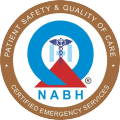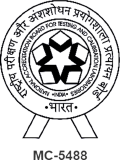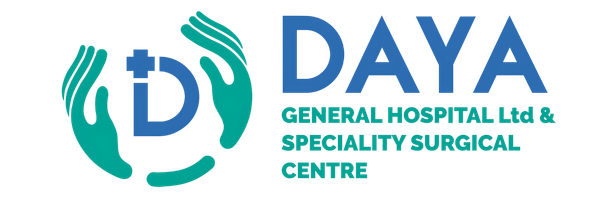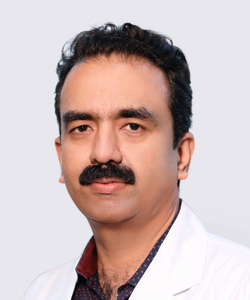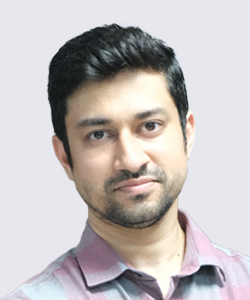Advanced Neurosurgical Expertise for Safe and Effective Brain Tumor Management
At Daya General Hospital, our Neurosurgery Department provides comprehensive and expert care for patients with brain tumors. We use advanced surgical techniques and a multidisciplinary approach to ensure safe, precise, and effective treatment for both benign and malignant brain tumors.
What is a Brain Tumor?
A brain tumor is an abnormal growth of cells in or around the brain. Tumors can be:
- Benign (non-cancerous)
- Malignant (cancerous)
Tumors that originate in the brain are called primary tumors, while those that spread from other parts of the body (like the lungs or breasts) are known as secondary or metastatic brain tumors. Regardless of their type, tumors can affect brain function by compressing nearby tissues, nerves, or blood vessels.
What Causes Brain Tumors?
There is no single known cause. However, brain tumors may develop due to:
- Genetic mutations or abnormalities
- Hereditary conditions
- Environmental exposure (in rare cases)
These factors can cause brain cells to grow uncontrollably, forming a tumor.
What Are the Common Symptoms of a Brain Tumor?
Brain tumor symptoms can vary depending on size and location. Common signs include:
- Frequent or severe headaches
- Nausea and vomiting
- Personality changes or unusual behavior
- Difficulty with concentration or confusion
- Problems with balance or coordination
- Changes in speech, vision, or hearing
How is a Brain Tumor Diagnosed?
Diagnosis involves:
- MRI or CT scans to locate the tumor
- Neurological examinations to assess brain function
- Additional tests (e.g., chest or abdominal scans) to check for metastasis
What Are the Surgical Options for Brain Tumors?
At Daya General Hospital, we offer two main surgical approaches:
1.Craniotomy
A craniotomy is the most common procedure to remove brain tumors. It involves:
- General anaesthesia
- Removing a part of the skull to access the brain
- Using advanced imaging to locate and remove the tumor
- Reattaching the bone flap securely post-surgery
Awake Craniotomy
In cases where the tumor is near vital areas (speech, movement, etc.), the surgeon may perform an awake craniotomy. The patient is awake during part of the procedure to help monitor brain functions in real time, ensuring critical areas are not affected.
2. Neuroendoscopy (Minimally Invasive Surgery)
A neuroendoscopic or keyhole surgery is a less invasive method used for:
- Tumors located in the ventricles of the brain
- Conditions like hydrocephalus (fluid build-up)
This technique uses a small endoscope inserted through a tiny opening in the skull, offering quicker recovery and minimal scarring.
Is Brain Tumor Surgery Safe?
Brain surgery is a complex but safe procedure when performed by an experienced neurosurgical team. At Daya General Hospital, our specialists follow a multidisciplinary approach, ensuring every patient receives personalized care before, during, and after surgery.
Why Choose Daya General Hospital for Brain Tumor Treatment?
- Experienced and skilled neurosurgeons
- Advanced surgical facilities, including awake craniotomy and neuroendoscopy
- Dedicated neuro ICU and rehabilitation support
- Multispecialty team including neurologists, oncologists, radiologists, and psychologists
- Patient-centered care and continuous support throughout recovery




